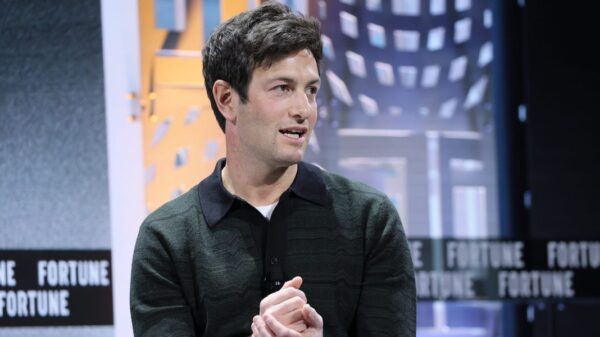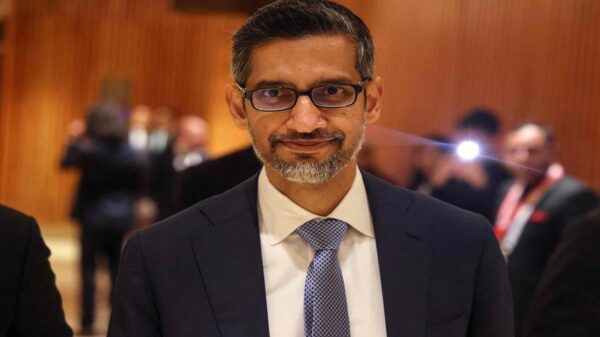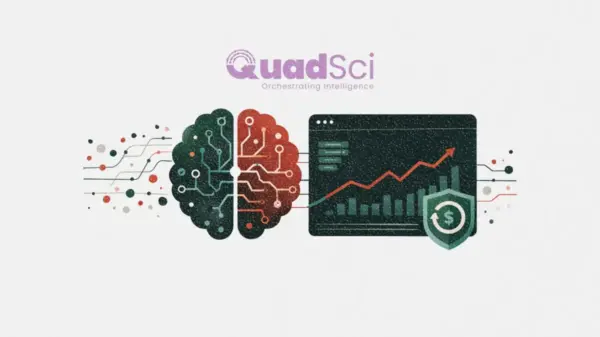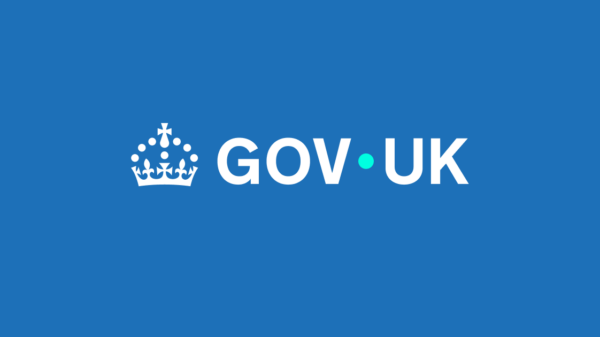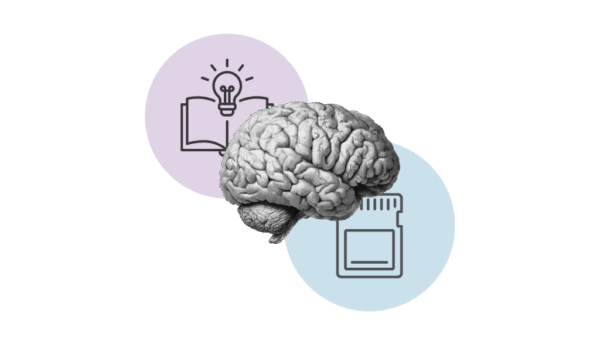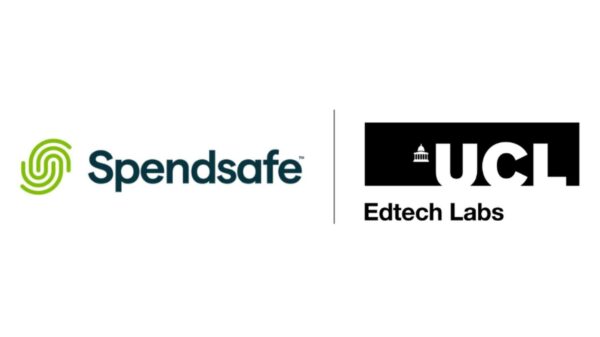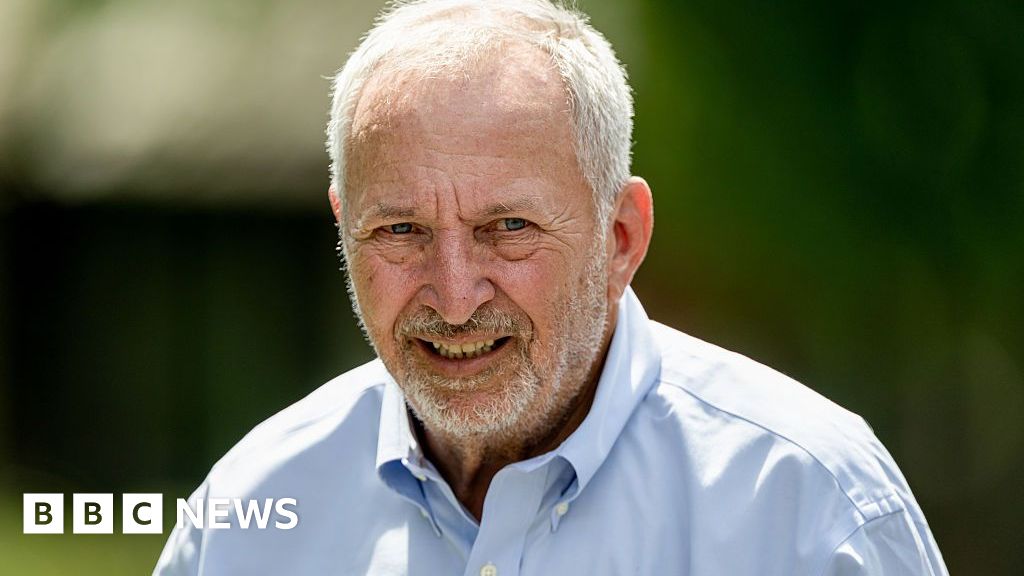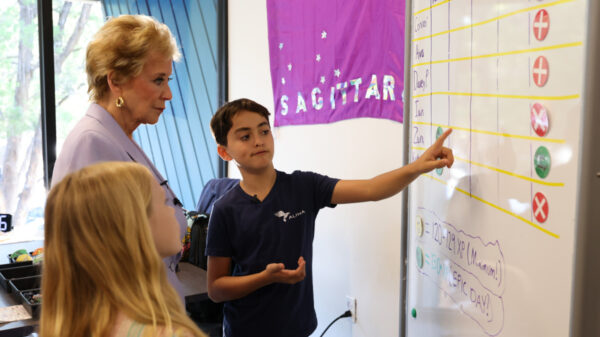Harvard University has initiated a review concerning the affiliations of its former president, Larry Summers, with the late convicted sex offender Jeffrey Epstein. This investigation follows the release of over 20,000 pages of documents related to Epstein, which included various correspondences between him and Summers.
A spokesperson for Harvard confirmed the ongoing examination in a statement to The Harvard Crimson, indicating that the university is “conducting a review of information concerning individuals at Harvard included in the newly released Jeffrey Epstein documents.”
This announcement coincides with Summers’ recent decision to step down from the board of OpenAI, the organization behind the popular AI model ChatGPT. The board’s acceptance of his resignation highlighted their appreciation for his contributions and perspectives.
The documents released last week revealed that Summers communicated with Epstein up until the day before Epstein’s 2019 arrest on charges of sex trafficking minors. Notably, Summers, a married father of six, reached out to Epstein in November 2018 seeking romantic advice regarding someone he referred to as an “economics mentor.” In one exchange, he expressed uncertainty about his marital status, writing, “Am I thanking her or being sorry re my being married. I think the former.”
Summers has frequently dined with Epstein, who attempted to connect him with influential global figures. However, it is essential to note that no Epstein survivor has accused Summers of wrongdoing, and there is no evidence indicating his involvement in Epstein’s crimes.
In a class he taught at Harvard, Summers addressed the situation, expressing regret over his past communications with Epstein. He stated, “Some of you will have seen my statement of regret, expressing my shame with respect to what I did in communication with Mr. Epstein.” He emphasized his commitment to fulfilling his teaching obligations despite the controversies surrounding him.
Following the congressional release of the Epstein files, Summers took “full responsibility for my misguided decision to continue communicating with Mr. Epstein.” He also expressed a desire to “rebuild trust and repair relationships with the people closest to me.”
Summers has held significant positions in the U.S. government, serving as treasury secretary under Bill Clinton and as director of the National Economic Council under Barack Obama. He was Harvard’s president from 2001 to 2006 and continues to hold a professorship at the institution.
In light of these developments, following his announcement on Monday, the Center for American Progress confirmed that Summers is no longer affiliated with the organization, where he was a senior fellow.
Summers’ resignation from OpenAI came after a tumultuous period within the company, marked by his failed attempt to oust CEO Sam Altman. In a statement to the BBC, Summers expressed gratitude for his time at OpenAI and enthusiasm about the company’s potential.
As the fallout continues, both chambers of Congress are moving towards passing a measure requiring the U.S. Department of Justice to release additional Epstein-related documents. This could lead to the public availability of tens of thousands more documents, significantly expanding the narrative surrounding Epstein and individuals connected to him.
The implications of these developments extend beyond Summers and Harvard, touching on broader questions of accountability and ethical conduct within elite institutions. As the AI community observes these proceedings, attention is focused on how they might influence perceptions around tech leadership, ethical standards, and the responsibilities of those in prominent positions.
See also Columbia Engineering Launches New AI Minor for Non-CS Undergraduates to Address Ethical Impact
Columbia Engineering Launches New AI Minor for Non-CS Undergraduates to Address Ethical Impact Cisco Launches DCAI Certification to Equip Professionals with AI Infrastructure Skills
Cisco Launches DCAI Certification to Equip Professionals with AI Infrastructure Skills Google DeepMind Launches AI Research Lab in Singapore to Drive Regional Innovation
Google DeepMind Launches AI Research Lab in Singapore to Drive Regional Innovation Redburn Downgrades Microsoft to Neutral, Cuts Price Target from $560 to $500 Amid AI Headwinds
Redburn Downgrades Microsoft to Neutral, Cuts Price Target from $560 to $500 Amid AI Headwinds AI Market Set to Soar: Projected Growth from $345.8B in 2025 to $2T by 2032
AI Market Set to Soar: Projected Growth from $345.8B in 2025 to $2T by 2032


